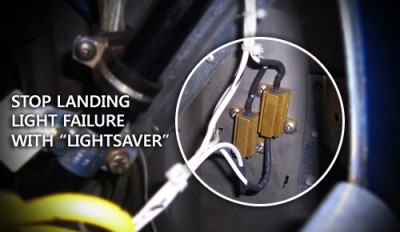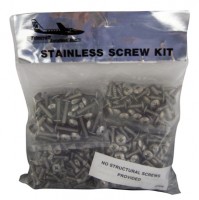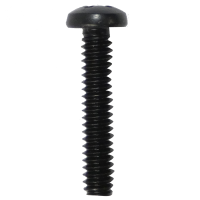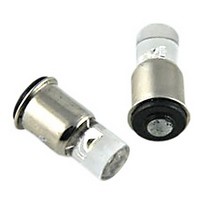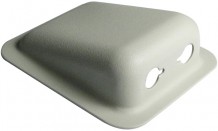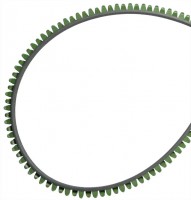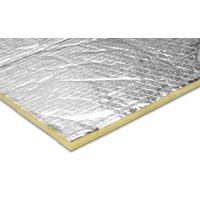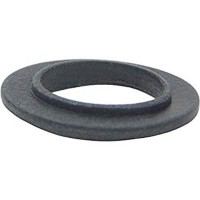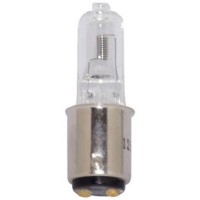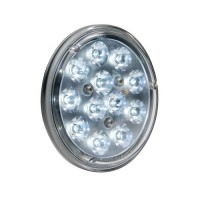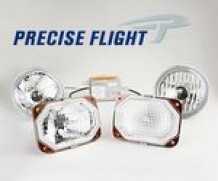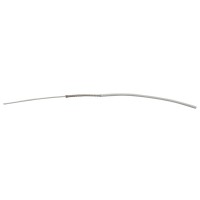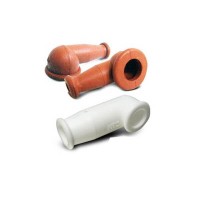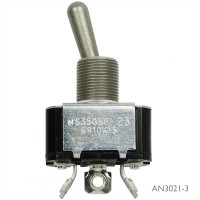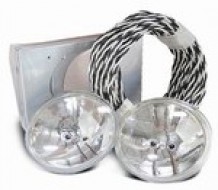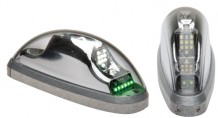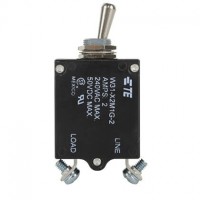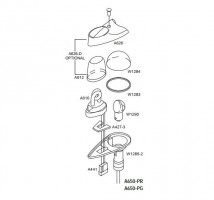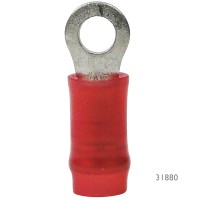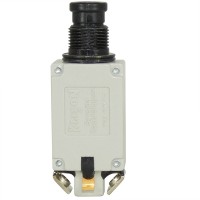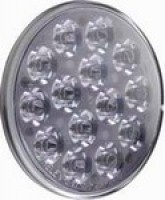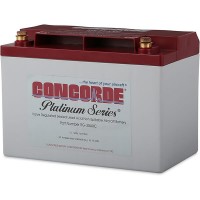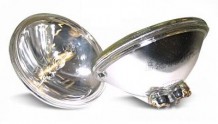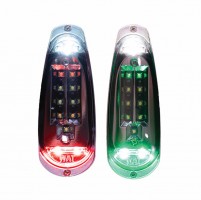Aircraft Spruce Canada
Brantford, ON Canada
Corona, CA | Peachtree City, GA
Chicago, IL | Wasilla, AK
Overview
|
WHY INSTALL A LIGHTSAVER Typical landing and taxi lights in aircraft utilize a lamp that has a tungsten filament. Tungsten, which is a special metal, produces relatively high efficiency white light when electrical current flows through it. Tungsten wire is wound between two electrodes within the lamp. Unfortunately the metal wire has an undesirable characteristic. The metal filament has an extremely low electrical resistance when the temperature of the tungsten filament is at ambient (25C). Once the lamp is turned on, the filament resistance changes from close to 0 ohms (dead short) to 1.5 ohms. An increase of approximately 100 times. The dead short condition causes a massive inrush of current for several mille seconds. A typical 100 watt 12 volt lamp which when on draws 8 to 9 amps may see 800-1000 amps for that split second depending on the charged condition of the aircrafts battery. This causes severe stress to the lamp filament, which over repeated on/off cycles results in a fracture (open) in the filament. This is why the failure of the lamp typically occurs at turn on. HOW A LIGHTSAVER WORKS The Lightsaver prevents this massive inrush allowing the filament to draw the rated current even at turn on with no change in typical light output performance. The filament life increases up to 10 times due to reducing the stress induced by inrush current. This is something the lamp manufacturers donít want you to know. After all they are in the business of manufacturing replacement lamps for your aircraft. HOW IS THE LIGHTSAVER INSTALLED INTO MY AIRCRAFT? The installation is simple. The Lightsaver is placed in series with the lamp on either the positive or negative side of the electrical interconnection. The Lightsaver must be mounted to a heat-conducting surface such as the firewall of the aircraft. Mounting is accomplished using screws and nuts to secure it to the firewall. |
Reference Chart
| Lightsaver 12100 12 Volt 100W | |
| Lightsaver 24100 24 Volt 100W | |
| Lightsaver 24150 24 Volt 150W | |
| Lightsaver 24250 24 Volt 250W |
Q&A
Please note, Aircraft Spruce Canada's personnel are not certified aircraft mechanics and can only provide general support and ideas, which should not be relied upon or implemented in lieu of consulting an A&P or other qualified technician. Aircraft Spruce Canada assumes no responsibility or liability for any issue or problem which may arise from any repair, modification or other work done from this knowledge base. Any product eligibility information provided here is based on general application guides and we recommend always referring to your specific aircraft parts manual, the parts manufacturer or consulting with a qualified mechanic.
You can find the installation procedure in the web page overview. The unit is not STC'd or TSO'd as it is an experimental unit.

 Aircraft Spruce Canada
Aircraft Spruce Canada
